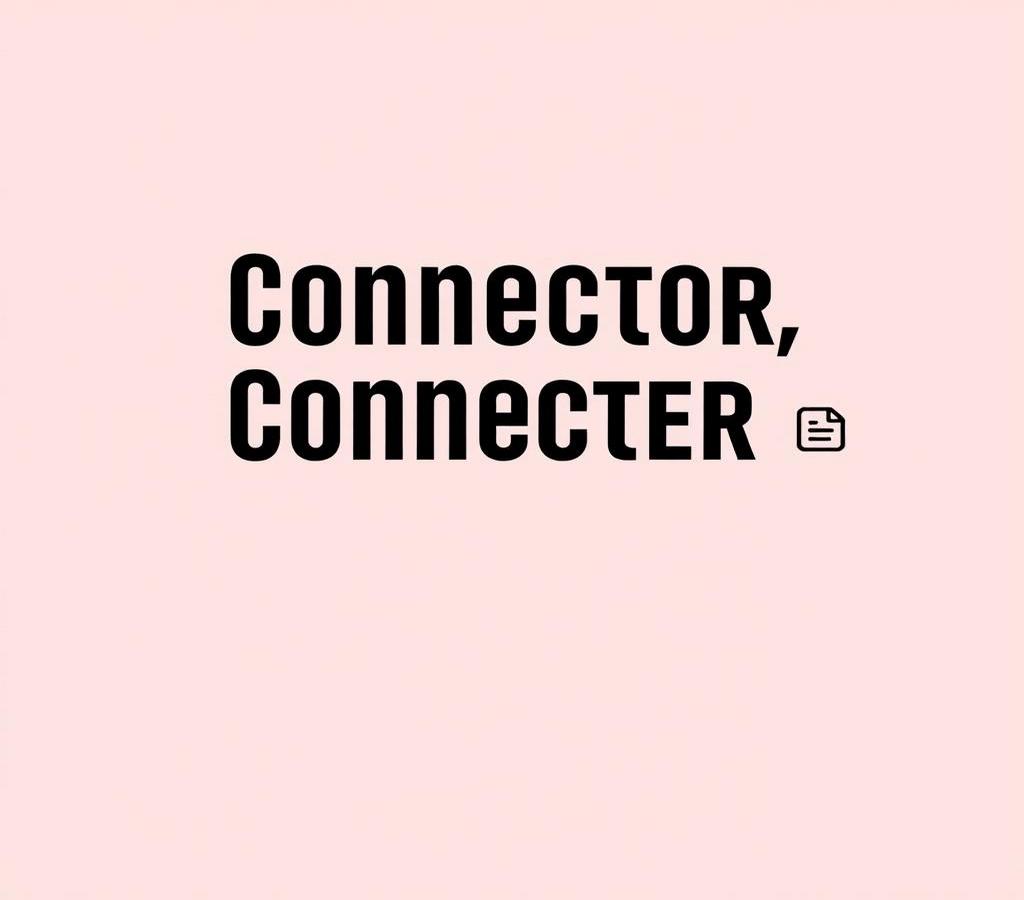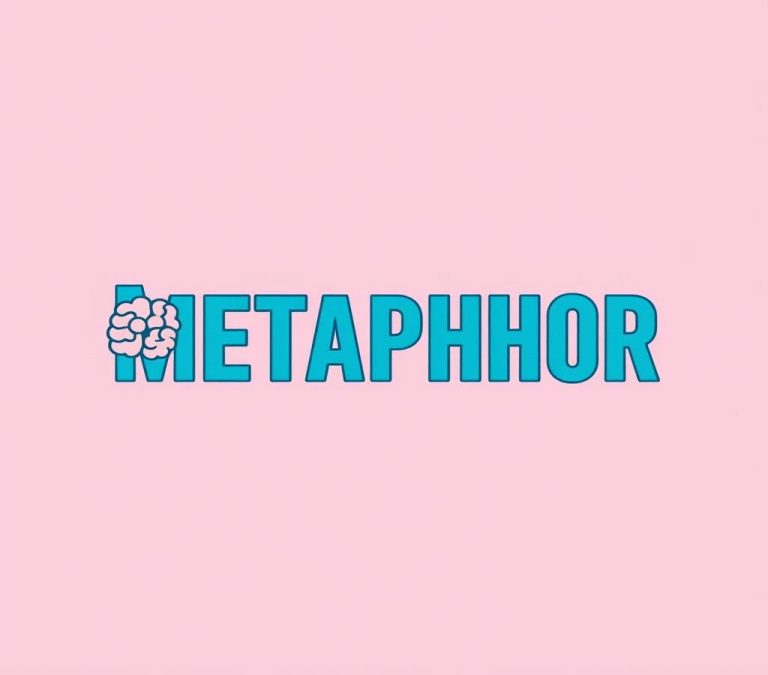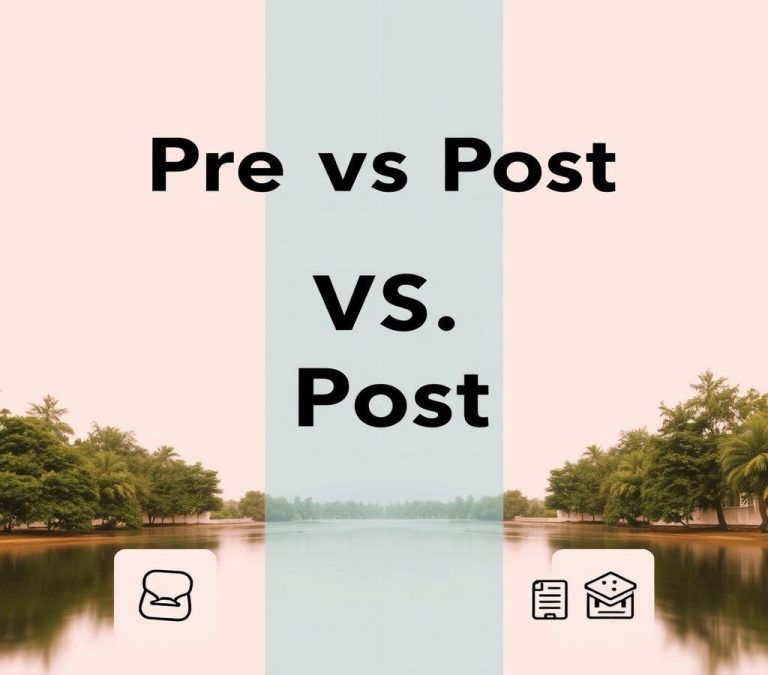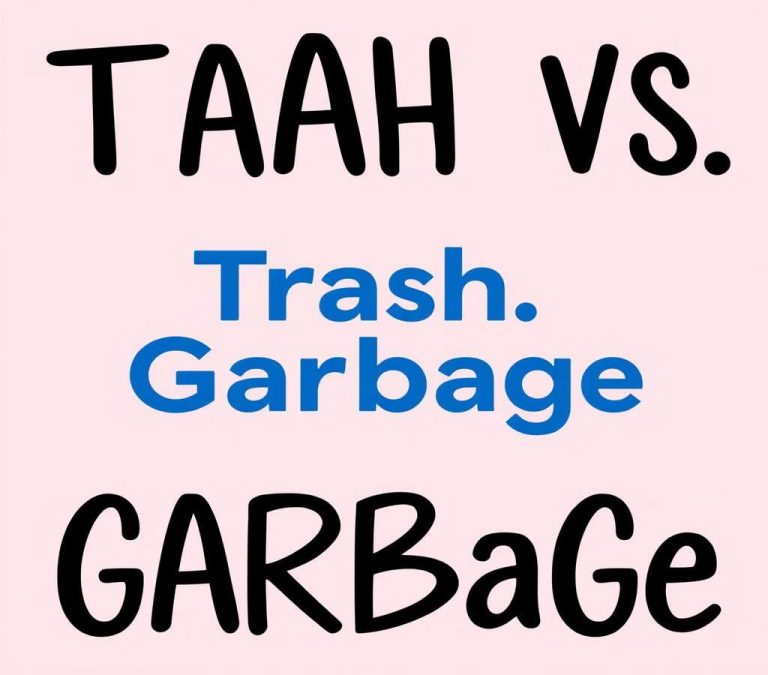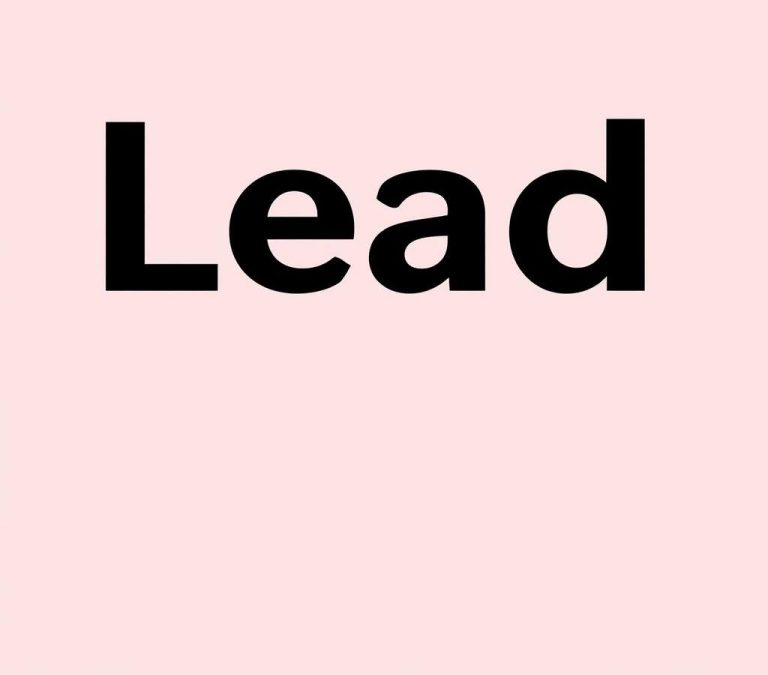Connector vs. Connecter: Grammar Usage & Correct Spelling
In everyday language, you might see both “connector” and “connecter” used to describe something that links things together. Many people wonder which of these spellings is correct. This choice can come up in different areas, from electronics to writing. Understanding the right spelling is important for clear communication. This article explores both spellings and offers insight into which one is generally accepted. It aims to help you use the right term every time, whether you’re writing a technical document or just having a casual conversation.
Quick Answer
The correct spelling is connector. While both “connector” and “connecter” are commonly used, “connector” is the preferred spelling in American English, British English, and most dictionaries. “Connecter” is considered a variant, but it’s not as widely accepted.
Why There is Confusion
The confusion surrounding the terms “connector” and “connecter” often stems from their similar pronunciations and meanings. Both terms are derived from the verb “connect,” which means to join, link, or fasten things together. The addition of the suffixes “-or” and “-er” creates nouns, but English language nuances and influences from other languages have led to the coexistence of both spellings. The widespread use of American English compared to British or regional English variations often exacerbates the uncertainty regarding which spelling is the correct one.
What Does Connector Mean?
“Connector” is the more commonly used term, especially in American English. A connector generally refers to a device or tool that links or joins items together. This term is prevalent in various industries, including electrical engineering, where a connector is a component used to join electrical circuits together. In grammar, a connector can refer to a word or phrase that links sentences or clauses, enhancing the coherence of a paragraph. Across various settings, the primary role of a connector is to facilitate connection, unity, or continuity.
What Does Connecter Mean?
The term “connecter” is a less frequently seen variation and is regarded by some as an alternate spelling of “connector.” While both share the same root and fundamental meaning, “connecter” is found more often in British English contexts. It carries the same implication as “connector,” symbolizing an object or individual that facilitates a link or connection. Nevertheless, its usage is notably less common, adding to its aura of ambiguity.
Differences Between Connector and Connecter
Differences in Parts of Speech
Both “connector” and “connecter” serve as nouns within their respective contexts. However, due to the predominance of “connector,” this version is more likely to be listed in dictionaries, which further classifies its part of speech and contextual usage much more comprehensively. “Connecter,” by contrast, lacks a distinct presence in several linguistic resources, which occasionally leads it to be perceived as an incorrect or alternative poetic construction.
Differences in Usage and Context
“Connector” holds firm as the dominant spelling in American English and is the one most commonly referenced in standardized educational materials. “Connecter,” although still recognized, does not enjoy this widespread acceptance. Its presence is typically more subtle, appearing in industries or regions influenced by British English. Despite their similarities, this discrepancy in popularity often directs users towards “connector” as the standard choice in educational and technical publications.
Differences in Industry and Technical Applications
The use of “connector” is notable in professional fields, particularly in technology and engineering, where precision in terminology is paramount. It is standard practice in electronics, architecture, and civil engineering to refer to specific tools and components by the term “connector.” There is little to no mention of “connecter” within technical manuals or industry-related documentation, which frequently leads professionals to favor the former spelling. In contexts demanding precision and clarity, “connector” is the recommended term.
Synonyms for Connector
To better grasp the role of a connector in various contexts, it can be helpful to explore its synonyms:
- Link
- Coupler
- Joiner
- Adapter
- Interface
- Conduit
- Bridge
- Junction
These terms provide alternative ways to describe devices or objects that bind or connect multiple elements. Each synonym offers a slightly different nuance while preserving the central theme of connectivity.
Synonyms for Connecter
Although “connecter” is not as common, it still shares synonyms with its more widely recognized counterpart, “connector.” However, it also has connections to slightly specialized or dated terms rarely used in contemporary language:
- Linker
- Coupler
- Joiner
- Binder (less typical)
- Affixer (archaic)
These words provide additional contexts for how “connecter” might be understood, and indicate that while the spelling variance exists, its synonyms overlap heavily with those of “connector.”
Examples of Connector and Connecter in Usage
Here’s how these words might appear in various sentences and contexts, illustrating their usages:
- The engineer inspected the fiber optic connector to ensure data signals could transmit efficiently.
- Connecting sentences with a conjunction like “however” is an example of using a grammatical connector.
- While rare in modern texts, the term connecter may appear in older British novels.
- The electrician needed a three-pin connector to finish wiring the circuit board.
- Some people mistakenly spell it as connecter due to regional influences.
These examples demonstrate real-world application, detailing how both forms are used in sentences, albeit with “connector” being the more prevalent choice.
Conclusion: The Correct Spelling and Usage of Connector and Connecter
To conclude, both “connector” and “connecter” convey the idea of linking or uniting items. However, “connector” is overwhelmingly the preferred and correct spelling in both American and international contexts, thanks to its extensive usage and established presence in professional lexicons. Conversely, “connecter” might occasionally appear in areas influenced by British English but lacks formal acceptance in broader usage.
Understanding and adhering to the more accepted spelling of “connector” is crucial for clear communication, particularly in commercial, educational, and technical domains where precision is critical. Whether dealing with devices in electronics, writing cohesive essays, or simply connecting ideas, choosing “connector” signifies a commitment to standardization and comprehensibility. In an ever-globalizing world, this consistency is more important than ever for ensuring effective communication across different cultures and industries. Therefore, when in doubt, “connector” should be the default choice.

